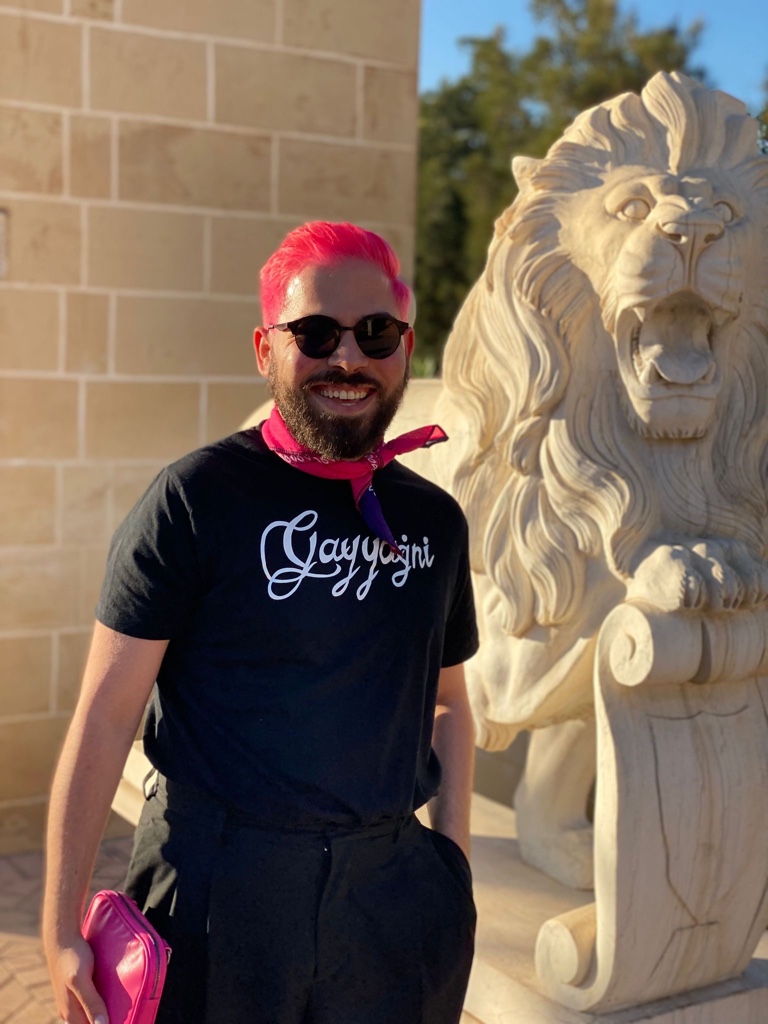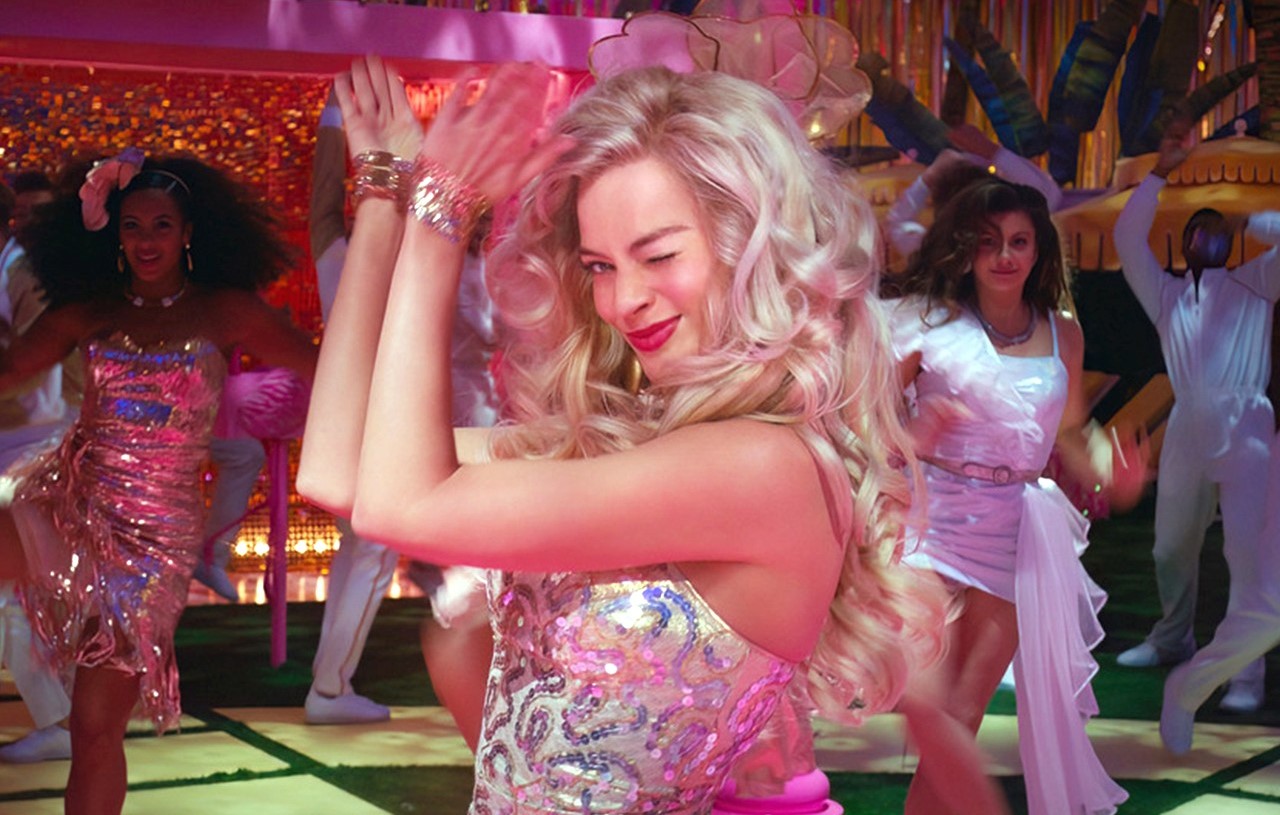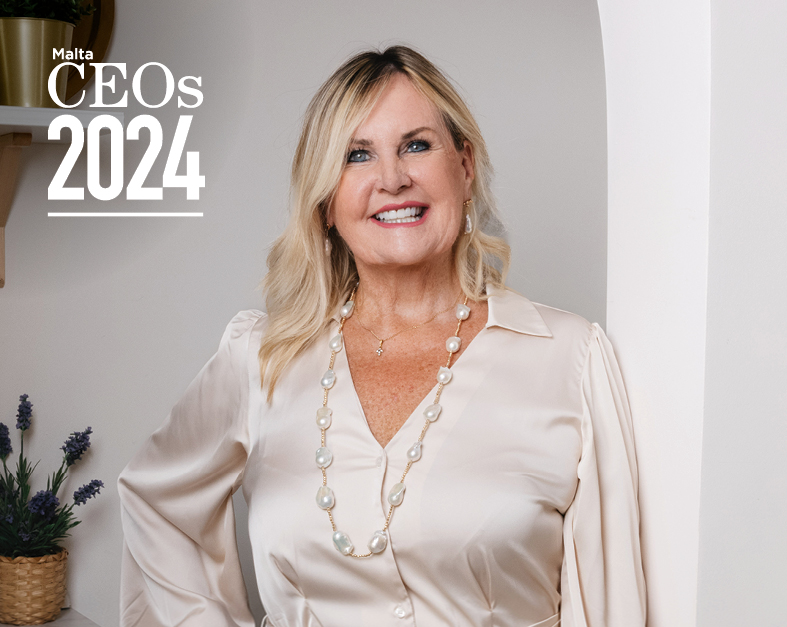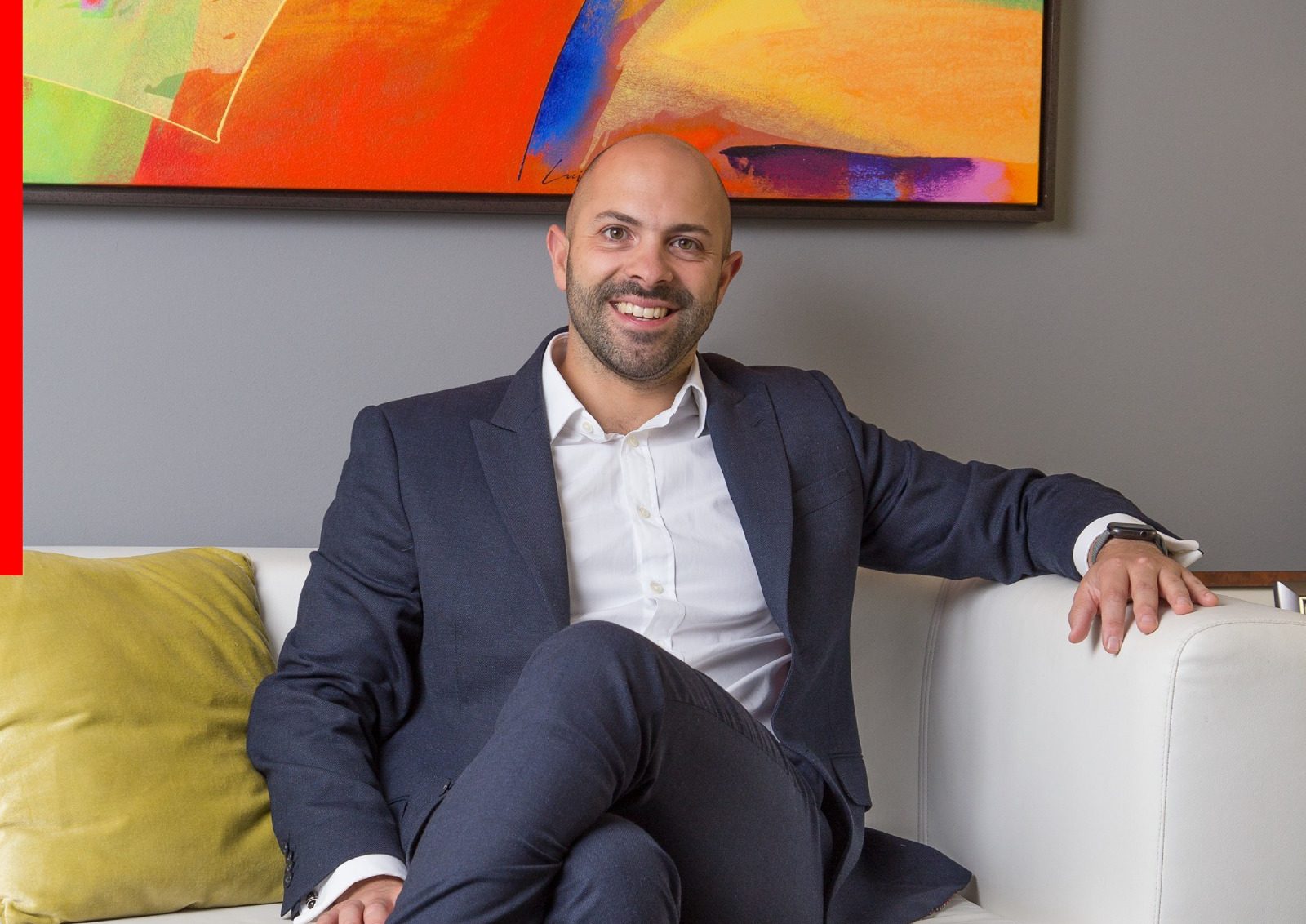Marketing leaders have lauded the impressive use of “simple, yet powerful” techniques in the marketing campaign for the recently released Barbie movie.
Barbie took the world by storm over the past few months, with pink, the colour the toy brand that inspired the movie is synonymous with, dominating social media. The movie, based on the brand by Mattel and distributed by movie production studio Warner Bros. Pictures was released at the start of July and became the second-highest-grossing film of 2023 at the time of writing, grossing in at around $1.2 billion (€1.1 billion) globally.
The movie has since received mixed reviews but was highly praised for the extensive marketing campaign that was deployed, with American publication Variety reporting that Warner Bros. spent $150 million (€137.4 million) on marketing for Barbie, more than the $145 million (€132.8 million) budget the movie had for production.
Now that Barbie-mania has calmed down, MaltaCEOs.mt reached out to local marketing leaders to hear about what made the movie’s marketing campaign so effective.
Johann Agius, a freelance Marketing Consultant remarked that the marketing for both Barbie the movie, and the accompanying product line is arguably “fairly straightforward”.
“At face value, you have one of the world’s most popular and recognisable commercial entities at the palms of your hands, with a lasting and reliable legacy that has stood the test of time. And it’s also just an extremely fun brand to tackle from a marketing perspective,” he explained.

However, he said that Director Greta Gerwig wanted to take a “completely different route” with the movie, opting to question the brand’s utter existence and relevance in today’s world, and so “the marketing hype around the movie could have easily flopped if it wasn’t done properly”. Despite this, the team behind the movie “spearheaded the same vision”, that of producing an “innovative yet palatable customer journey that literally anyone could embark on and enjoy, not just teenage girls”.
Bullshark Founder and Director Sam Mallia was in agreement, stating that a key driver behind the marketing approach was the “multi-faceted, integrated nature” of the strategy, going beyond the “usual trailers and media placements”.
Mattel and Warner Bros. decided to leverage Barbie’s existing fanbase, creating exclusive merchandise, hosting pop-up events, and also collaborating with influencers and celebrities who have nostalgic connections to the brand.
“Additionally, they made extensive use of digital platforms, including targeted ads and interactive content on social media, creating an immersive experience that bridged the gap between the physical toys and the on-screen character. This holistic approach allowed them to resonate with both a younger audience and adults who have grown up with the Barbie brand,” he explained.
Mr Agius, as a social media marketer, felt “completely immersed by pretty much everything” that was being created in anticipation of the premiere. This included the parody-like trailers and “simple, yet powerful” copy used throughout all promotional materials, to the “virality” of getting people from across the globe to frame themselves as a particular Barbie or Ken, months before the movie’s release. To him, “everything felt completely natural but still extremely smart”.
The budgets for marketing campaigns of Hollywood movies tend to outweigh the production budgets, yet Barbie’s campaign was deemed a greater success than other recent blockbusters such as Jurassic World: Dominion and Spider Man: No Way Home?

Asked why this was the case, Mr Mallia said that its success stems from the “manner of its allocation and strategy” rather than the size of the budget.
“The Barbie brand carries with it decades of nostalgia and has been a part of many childhoods. While the other movies mentioned are beloved franchises, Barbie’s marketing tapped into a unique blend of nostalgia and modernity, making it appealing across generations,” he said.
He added that another contributing factor might be the “freshness of the content”. Given the prevalence of superhero and dinosaur movies, making them staples in the movie industry, “a well-produced, compelling story around Barbie presented something fresh and captivating”.
Mr Agius also brought attention to the role the movie’s soundtrack played. “Releases of key tracks by some of the world’s biggest names in music like Dua Lipa, Billie Eilish and Nicki Minaj were all strategically planned with their own time to breathe and climb the charts,” he said.
He also mentioned that other smaller artists and music groups with their own dedicated niches such as PinkPantheress and Fifty Fifty were also given a share of the limelight.
“But why mention the soundtrack so highly? Because what our Instagram and TikTok feeds have been dominated by these past few months is video content with every single song from the soundtrack as the background music, if not the full inspiration behind that same content,” Mr Agius noted.
He also pointed towards the trending audio clip on Instagram Reels which said “Hi Barbie, Hi Ken”, as another marketing element that had “viral impact” before and after the movie’s release.
“Partially due to its audible familiarity in reference to the opening lyrics of Aqua classic ‘Barbie Girl’ from 1997. Partially also due to it being the perfect soundbite to show at least seven different consecutive things in one short spanning reel, be it seven pink outfits you put together from your closet or seven best-selling products from your business outlet,” he explained.
Mr Agius added that this was another “seamless yet specific” marketing tactic that dominated social media platforms, together with the “Barbenheimer” phenomenon that came to light through the simultaneous release of Christopher Nolan’s Oppenheimer.
Given Barbie’s marketing campaign started more than a year ago, Mr Mallia said that commencing a campaign so early can be a “double-edged sword”.
“On the one hand, it allows for sustained awareness and the building of anticipation. On the other, if not consistently engaging, it could lead to fatigue,” he said.
He explained that in Barbie’s case, the extended lead time allowed the production companies to “weave a narrative, involve fans, and create multiple touchpoints, continually reigniting interest”. This also enabled it to have a window for collaborations, expanding the reach further.
He added that the commencement date of a marketing campaign depends largely on the “nature of the product and the depth of the campaign”. For a movie like Barbie which has such a “rich legacy”, and early start provided “ample opportunity for deep, layered storytelling”, yet in other cases it is “crucial to gauge the audience’s appetite and potential for engagement fatigue”, Mr Mallia said.
Mr Agius does not think that there will be another “similarly astounding marketing effort” for a movie “in a long time”.
“If the rumours are true that a Barbie sequel is already being considered, then I am pretty sure that pink will not be out of our lives any time soon,” he concluded.
Mr Agius is a freelance marketer with more than six years of experience working with over 50 different local and international brands. He specialises in content writing, social media marketing, and digital marketing, and aims to support client brands’ “growth and development efforts”.
Mr Mallia founded digital agency Bullshark in 2020, originally starting out as a one-man team, before growing to a workforce of over 20 people. The company delivers end-to-end solutions across marketing, technology, content, and data, with a client portfolio that ranges from start-ups to industry leaders, operating in both local and international markets.
Featured Image:
Barbie Movie / Facebook
Debono Group CEO pays tribute to family as company celebrates six decades of partnership with Toyota
Debono Group’s collaboration with Toyota started in 1960, when the late Michael Debono imported and sold a Toyota Crown.
‘Don’t wait until the last minute’: Credit institutions urged to stay abreast of regulation requirements
In a recent event, MFSA Head of Banking Supervision Catherine Galea says a number of regulatory changes are set to ...
The Convenience Shop names João Carlos Rente Correia as new Chief Operating Officer
He replaces Jonathan Smith, who served in the position for over a year.
Executive Coaching Day: Four industry professionals on what it takes
We explore the experiences, traits and insights of four local Executive Coaches, and delve into who the mentors turn to ...











